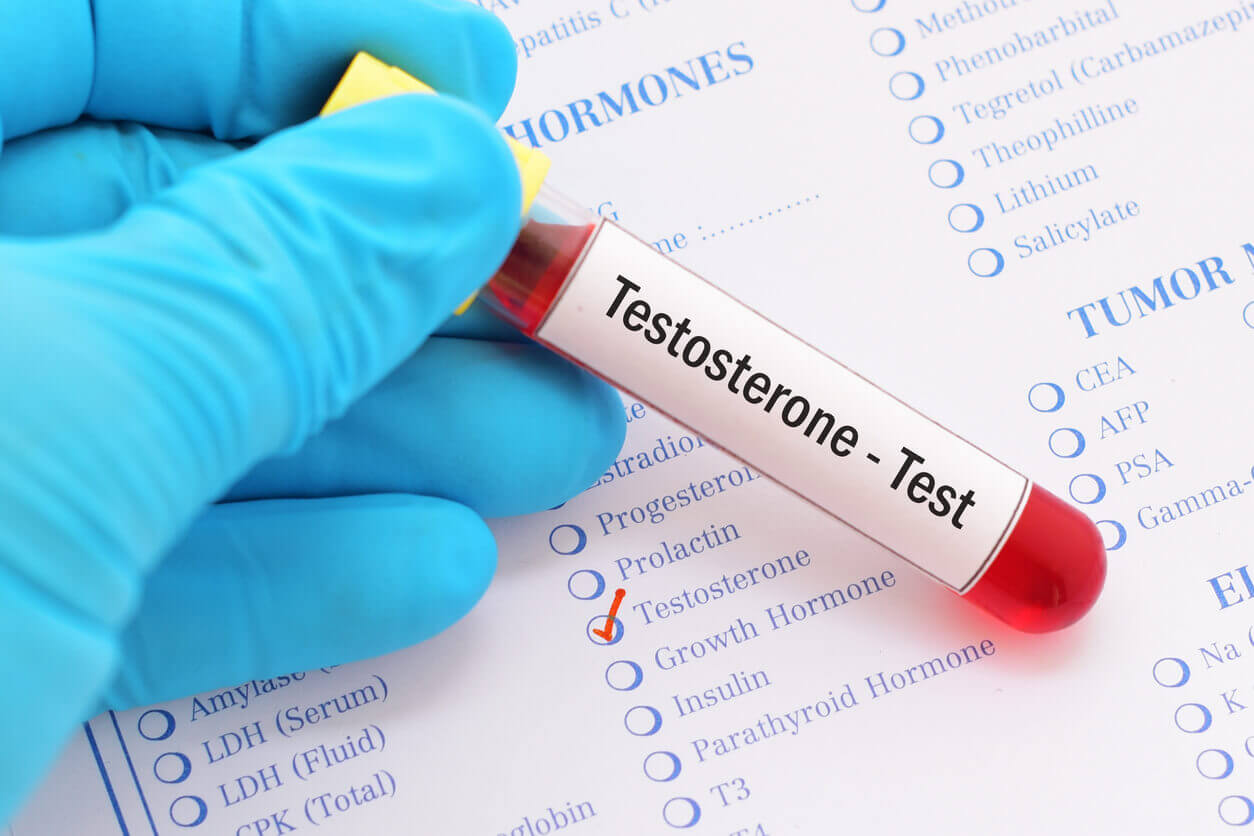
Low testosterone, often called Low-T, impacts many men as they get older. While low testosterone levels are a natural part of aging, they can lead to significant health challenges. Fatigue, decreased libido, loss of muscle mass, and even mood changes are common symptoms associated with low T.
Fortunately, medical treatment for low testosterone has advanced significantly, providing those living with this condition the opportunity to improve their quality of life.
Let us discuss what low-T is, the benefits of treatment, and the effective medical treatments available.
What Is Low Testosterone
Testosterone is a hormone primarily produced in the testicles. It plays a critical role in maintaining muscle mass, bone density, body hair, and libido. Testosterone also has a direct impact on mood and energy levels.
Low testosterone, medically known as hypogonadism, occurs when the body does not produce enough testosterone for optimal health. It is important to note that having one or two symptoms does not automatically mean a person has a low T. Blood tests ordered by a doctor are essential to confirm the low T diagnosis.
Signs and Symptoms of Low Testosterone
Low testosterone symptoms often develop gradually, making it easy to miss. If any of these symptoms become noticeable, it is worth discussing with your doctor:
- Persistent fatigue that does not improve with rest.
- Unexplained loss of muscle mass.
- Reduced libido or sexual performance.
- Difficulty concentrating or memory problems.
- Increased body fat or changes in weight.
- Feelings of depression or low mood.
While these symptoms can indicate other health concerns, they are also strongly linked to low testosterone. Seeking professional medical advice is the first step toward identifying the medical treatment for low testosterone.
The Benefits of Treating Low Testosterone
Medical treatment for low testosterone is more than just improving physical health. It enhances emotional and mental well-being, allowing men to regain a sense of vitality. Here are some benefits of seeking medical treatment for low testosterone:
- Boost in Energy: Many men who undergo treatment report feeling less tired throughout the day.
- Improved Muscle and Bone Health: Testosterone therapy can help maintain or rebuild strength.
- Enhanced Libido: Treatment often improves sexual performance and satisfaction.
- Sharper Cognitive Function: Many patients experience improved clarity and focus after treatment.
- Elevated Mood: Addressing low-T often has a positive impact on mental health and emotional well-being.
Medical Treatments for Low Testosterone
Doctors tailor medical treatment for low testosterone to each patient’s needs. Various forms of testosterone replacement therapies (TRTs) and lifestyle adjustments can work together for a comprehensive approach.
1. Testosterone Gels and Creams
Topical testosterone treatments such as AndroGel or Testim are applied directly to the skin. These options are designed for daily use, allowing testosterone to be absorbed through the skin into the bloodstream.
It is essential to apply these as directed and avoid contact with others during absorption.
2. Testosterone Injections
Another proven option is testosterone injections. These are typically given every 1 to 2 weeks, depending on the prescribed dosage.
Common brands of injectable testosterone include Depo-Testosterone (testosterone cypionate). Patients often report a noticeable boost in energy and mood within days of the injection.
3. Testosterone Patches
Testosterone patches like Androderm are applied directly to the skin. These deliver a steady dose of testosterone throughout the day.
Patches are a convenient option and are designed for use at consistent intervals.
4. Testosterone Pellets
For patients seeking a long-lasting solution, testosterone pellets are a popular choice. These small pellets are inserted just under the skin during a minor procedure.
They release testosterone gradually and can last for several months.
5. Hormone Replacement Therapy (HRT) and BHRT
Hormone replacement therapy, including bioidentical hormone replacement therapy (BHRT), is another option. These therapies aim to restore testosterone to optimal levels.
BHRT uses hormones chemically identical to those naturally produced by the body. Both HRT and BHRT require careful monitoring by a healthcare provider.
6. Oral Testosterone Supplements
Some men opt for oral testosterone therapies. These come in the form of capsules and are convenient for those who prefer not to use topical or injectable medications.
7. Lifestyle Modifications
A healthy diet, regular exercise, and sufficient sleep can have a significant impact on testosterone levels. Additional factors such as reducing stress and managing body weight are also critical components of addressing Low-T.
Factors to Consider Before Treatment
While medical treatment for low testosterone offers life-changing benefits, it is not without risks. Potential side effects include acne, prostate enlargement, and changes in blood count. Discuss your health history with your doctor and review risks before starting treatment.
Regular follow-up appointments will help to monitor progress and make any necessary adjustments to medical treatment for low testosterone.
Medical Treatment for Low Testosterone in North Dallas, TX
Low testosterone does not need to limit your life. With the right medical treatment for low testosterone, you can improve your physical, emotional, and mental well-being. Whether you choose testosterone injections or hormone replacement therapy, you can take actionable steps today to improve your health.
At North Dallas Wellness Center, we specialize in helping men achieve their optimal health with trusted testosterone treatments. Dr. David Fein takes pride in offering patient-centered care tailored to your challenges.
Take the first step toward reclaiming your vitality by contacting North Dallas Wellness Center today. Call us today at (214) 696-3885 or use our appointment request form to schedule your consultation with Dr. David Fein.


